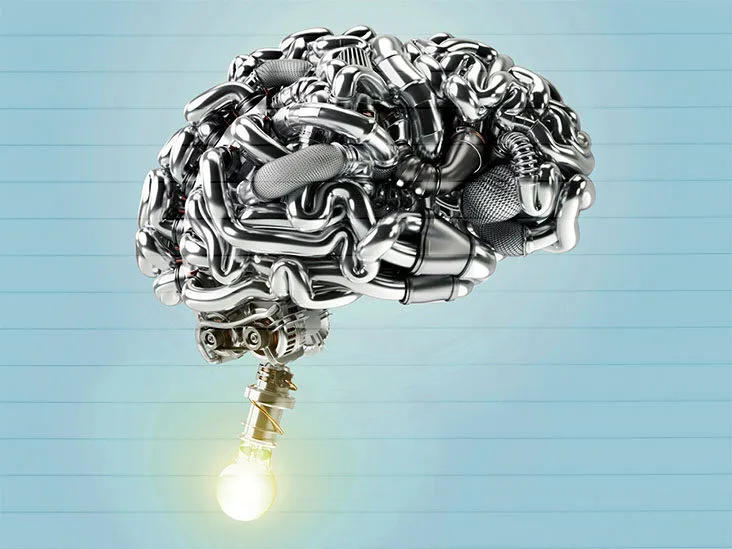ISLAMABAD, Nov 4(ABC): According to a 2021 Alzheimer’s Association report, estimates in the United States indicate that 6.2 million people age 65 and older are living with Alzheimer’s disease (AD). The report suggests this number could grow to 13.8 million by 2060 unless effective prevention or treatment options emerge.
Currently, the cause of Alzheimer’s disease is not fully understood. Yet some research suggests the accumulation of amyloid B peptides (AB) in the brain may play a role in the development of the disease.
Still, according to a 2022 National Institute on Aging (NIA) statement, AD is a complex disorder that may involve other cellular changes. In addition to AB accumulation, proteins including tau, TDP43, and alpha-synuclein may also be a factor. Moreover, inflammation, genetics, environmental factors, and vascular changes may also play a role.
Currently, Alzheimer’s treatment options are limited to medications that may help manage cognitive and behavioral symptoms associated with the disorder.
Now, a new study by researchers at the Tokyo University of Science found that a cell-penetrating oxytocin derivative administered in the nasal passages of memory-impaired mice reversed the rodent’s cognitive impairment.
Although the study used mice and not human participants, the findings suggest that oxytocin could potentially reduce the cognitive impairments associated with Alzheimer’s disease.
Oxytocin’s role in reducing memory impairment
Oxytocin is a hormone responsible for bonding behaviors and romantic attachment. Hence, it’s often referred to as the “love hormone.” Oxytocin also plays a critical role in childbirth and nursing.
In a previous study by the Tokyo University of Science researchers, the scientists found that oxytocin could reverse the effects of amyloid-beta (Aß) peptides in the hippocampus of mice.
Building on these findings, the research team sought to examine the effects of oxytocin in Aß-induced memory-impaired mice.
Specifically, the scientists wanted to determine whether oxytocin would influence spatial memory.
First, the scientists had the mice perform Y-maze and Morris water maze (MWM) tests to examine spatial working and spatial reference memory. The team also evaluated the rodent’s locomotor activity using a multi-channel activity-counting system.
Then, in one group of rodents, the team used intracerebroventricular (ICV) administration to deliver oxytocin to the brain tissue.
Delivering oxytocin intranasally
Because of the ICV technique’s invasive nature and impracticality in a clinical setting, the scientists also used intranasal (IN) delivery to administer oxytocin in another group of mice.
According to the study, peptides like oxytocin have poor blood-brain barrier permeability — meaning they can’t easily enter brain tissue.
Thus, the team used an oxytocin derivative containing cell-penetrating peptides and a penetration-accelerating sequence for the nasal delivery experiments.
In addition, the scientists labeled the derivative with fluorescein isothiocyanate so they could see how it dispersed in the brain tissue with imaging techniques.
After the oxytocin-treated mice performed the spatial memory tests, the scientists discovered that the mice who received oxytocin through ICV administration showed improvements in memory in both the Y-maze and MWM tests.
Sign in
Welcome! Log into your account
Forgot your password? Get help
Password recovery
Recover your password
A password will be e-mailed to you.

